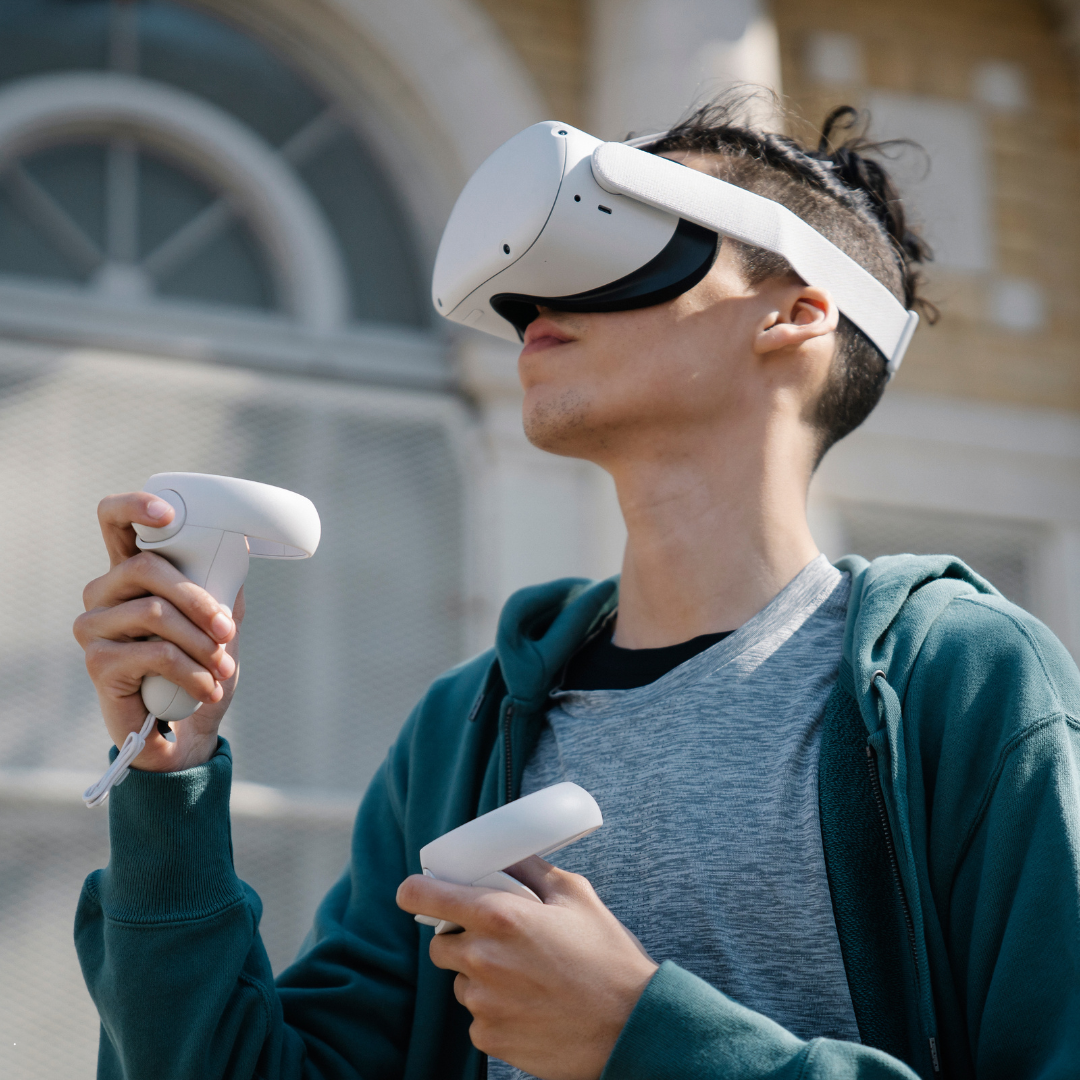
In recent years, the field of mental health treatment has witnessed the advent of an innovative therapy that merges cutting-edge technology with psychological healing practices: Virtual Reality Therapy (VRT). This form of therapy utilizes virtual reality technology to provide immersive therapeutic experiences, offering a promising new avenue for treatment that could revolutionize the way we approach mental health.
Virtual Reality Therapy involves the use of VR headsets to simulate environments and situations that can be used therapeutically. Patients are placed in a computer-generated world where they interact with various scenarios under the close supervision of a therapist. The controlled virtual setting allows for a safe space where individuals can face their fears, practice social skills, or simply experience therapeutic activities designed to reduce stress and improve mental health.
The power of VRT lies in its ability to create a realistic yet controlled environment. When immersed in VR, the brain processes the virtual world as if it were real, making it a potent tool for exposure therapy. For example, someone with a fear of heights might be gradually exposed to standing on tall buildings in the virtual world, helping them manage their phobia in a safe and controlled manner.
Furthermore, VRT can be tailored to each individual’s needs, allowing for personalized therapy sessions. This customization is one of the key benefits of VRT, as it adapts to the unique situations each patient needs to address, from specific phobias to complex PTSD scenarios.
VRT is particularly beneficial for individuals dealing with the following conditions:
While VRT offers numerous benefits, there are considerations to bear in mind, such as the cost of VR equipment and the need for therapists trained specifically in this technology. Furthermore, it is not suitable for everyone; individuals prone to motion sickness or those with certain neurological conditions may find VR use uncomfortable or disorienting.
At our functional health center, Dr. Lynn Panattoni, our esteemed functional psychotherapist, offers Virtual Reality Therapy services tailored to meet the unique needs of our patients. Those interested in exploring how VRT can benefit their specific conditions are encouraged to inquire about this innovative treatment. Dr. Panattoni has been at the forefront of integrating this advanced technology into therapeutic practices, providing a cutting-edge option for those seeking effective mental health solutions.
As technology advances and becomes more accessible, the potential applications of VRT in mental health continue to grow. Current research is expanding into areas such as addiction, eating disorders, and even stroke rehabilitation. With its ability to tailor experiences and control therapeutic settings, VRT stands as a beacon of potential in the evolving landscape of mental health therapies.
In conclusion, Virtual Reality Therapy is proving to be an invaluable tool in the realm of mental health, offering new hope and possibilities for effective treatment. As we continue to explore and understand its full potential, VRT may soon become a standard part of psychological treatment plans, providing targeted, effective, and engaging therapy for a variety of conditions.
